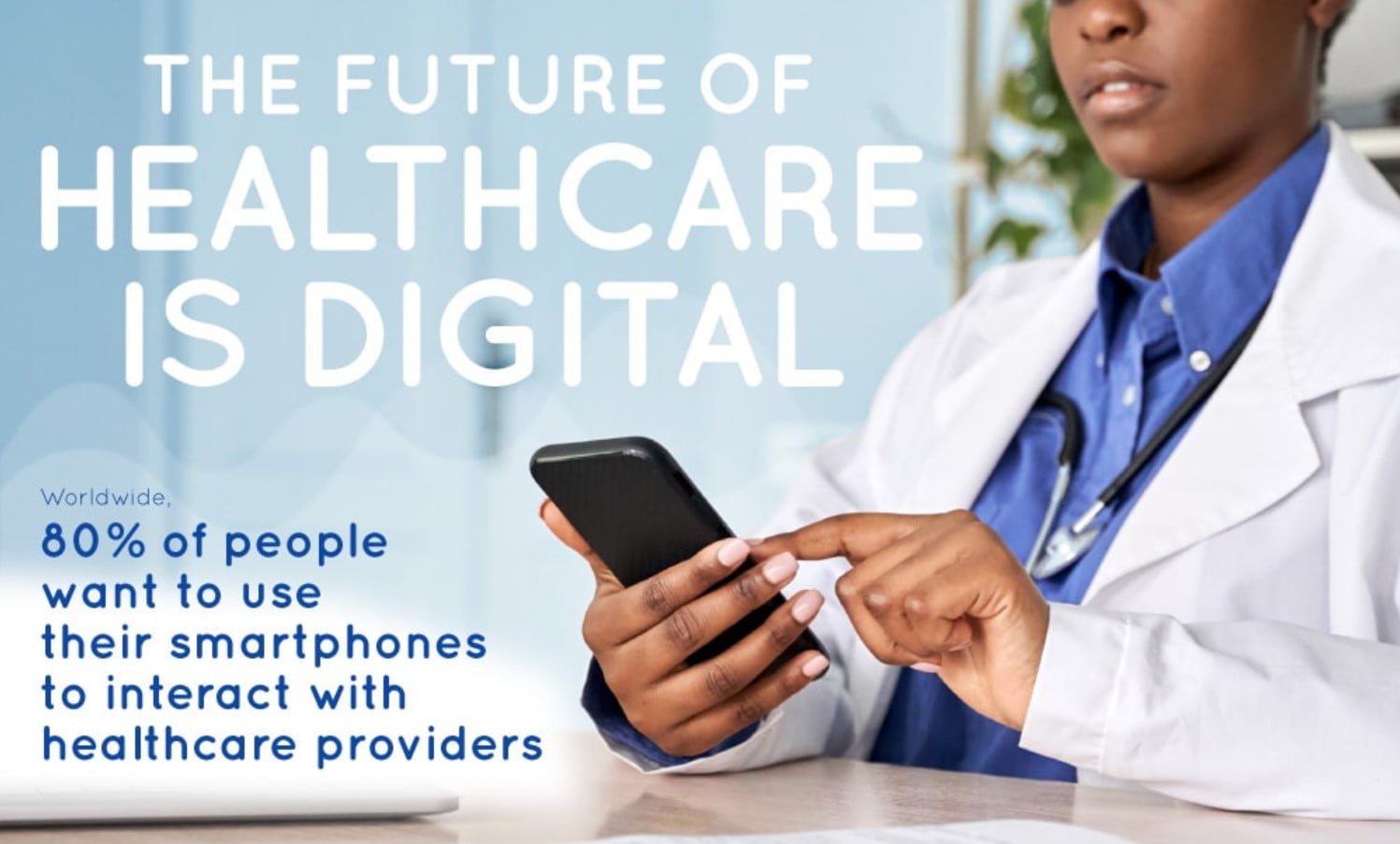We live in a world full of technology, yet it is somehow still too easy to miss out on things communicated electronically. We forget passwords or whose login we use for what site, and at times it seems simpler to just hope that someone will call if the information is truly that essential. While passing over checking a notification might be fine for Twitter, one should never feel the need to pass over medical notifications. Yet far too often people neglect to check their provider’s patient portal, and as a result patients are unsatisfied with the effectiveness of their treatments. Not only that, but many feel that they cannot effectively communicate with their provider. In today’s technology-filled world, there must be a better solution to convey crucial information than by a method that the recipient does not want to use.
Q4 2020 hedge fund letters, conferences and more
The bridge between patients and providers is quite literally at our fingertips. With all the time we spend on our smart devices to communicate, it’s no surprise that patients would prefer to hear their health updates on their smartphone instead of through a portal.
Healthcare Messaging Transform Ation Through Smartphone Notifications
That is where omnichannel communication comes in. Through having patients receive information through messaging apps or SMS, it allows for patients to communicate with physicians in a format that they already know how to use, and in a more timely manner (mere taps away instead of switching devices, guessing at passwords, and meandering through an unfamiliar website in the hopes of hearing what needs to be heard). It also reduces time at the physician’s office by up to 17% when staff does not have to make or field phone calls. The time saved across all parties already shows the exciting potential that implementing this software has for the medical field.
Not only would omnichannel communications save time, it also has the potential to save lives. Physicians think that patients would be able to better follow treatment plans with follow-up coaching between appointments, and this would also allow for more opportunities for patients to ask questions. This would help minimize the frustration of communicating after appointments and help physicians to identify and diagnose problems sooner. Omnichannel communications also gives physicians the ability to collaborate with each other and the patient regarding their case, or allows patients with similar conditions to communicate in group chat settings. These collaborations between physicians and patients allows a better sense of community and care as people go about their lives.
For more information about omnichannel communications and the benefits it could have for healthcare messaging, see the visual deep dive below:
Source: SopranoDesign.com







